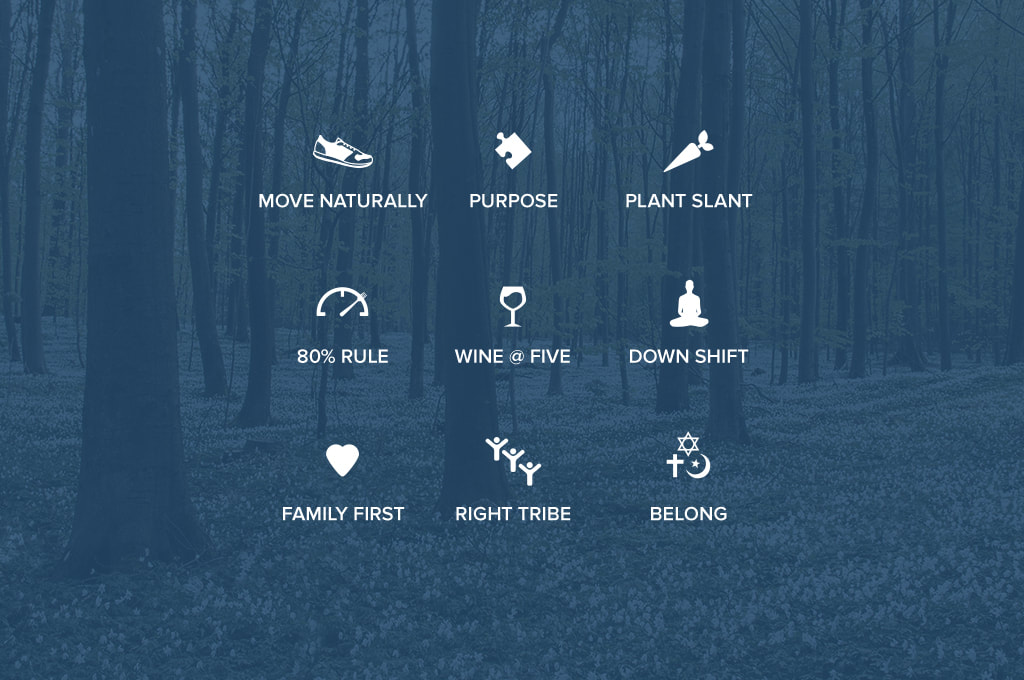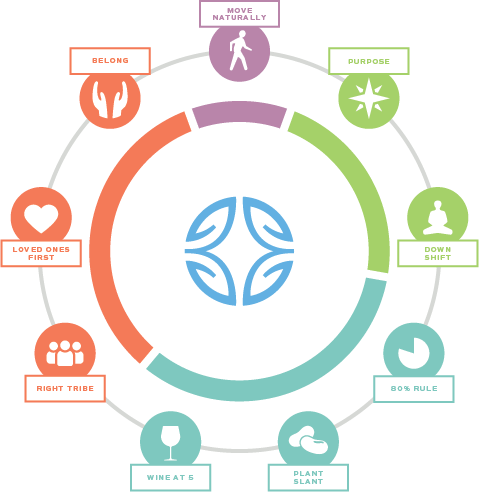
Ever hear people say 'that's what happens as you getting older, get used to it"
when dealing with a health challenge, debilitating aches or chronic pains?
Do you believe getting older means falling apart?
Who told you this and is it really true?
Maybe its time to tell ourselves a new story about ageing!
And to learn from those defying these societal beliefs!
Pro-ageing, Anti-ageing! Ageing with grace! I am all for this.
The buzz words vary yet the common goal is ageing with a quality of life that allows us to do all we want to do free of diseases, chronic pain and limited abilities. For decades we've been told over and over and over that with ageing comes inevitable deterioration. We hear repeatedly "everything goes downhill after 50" or "get used to those sore joints, it comes with ageing" or you'll need glasses when you get older. "We degenerate as we age."
Those beliefs/stories have been imprinted into our psyche and you likely know, if you believe it to be true it will be.
What if there is something you can do? Something that is being done in various parts of the world where centurions are both common and living active, able lives?
My teaching and coaching on ageing with grace found me researching the work of Dan Buettner author of The Blue Zones and The Blue Zones Solutions.
The Blue Zones are five areas that are home to some of the oldest and healthiest people in the world.
Where are these areas and what are they doing?
The Blue Zones are in Okinawa (Japan); Sardinia (Italy); Nicoya (Costa Rica);
Icaria (Greece); and among the Seventh-day Adventists in Loma Linda, California
In his book The Blue Zones, Second edition: 9 Lessons for Living Longer From the People Who've Lived the Longest Dan Buettner provides a list of nine lessons, covering the commonalities in the lifestyles of blue zones people.
They are listed below and shown in the illustration resourced from www.bluezones.com
- Moderate, regular physical activity.
- Life purpose.
- Stress reduction.
- Moderate caloric intake.
- Plant-based diet.
- Moderate alcohol intake, especially wine.
- Engagement in spirituality or religion.
- Engagement in family life.
- Engagement in social life.
The illustration below shows nine of the key components Blue Zones are known for:
With this information, will you make changes to your lifestyle and re-frame your brain from ageing and decline to ageing and feeling fine? Are you coming up with objections on why this can't be true for you? Well just in case you are consider this.
In addition to the amazing research and teaching coming out of The Blue Zones, very recently I learned about the Tsimane - an indigenous population living in Bolivia. These people have "the lowest reported levels of coronary artery disease of any population recorded to date," according to research published in the esteemed journal, The Lancet.
Considering heart disease is a leading killer, causing 1 out of every 3 deaths in the U.S.. (that translates to over 840,000 deaths each year) heart disease amongst the Tsimane is virtually nil. So what are they doing differently?
Well for one, according to an article published in The Guardian in March 2017 they consume a high carb, low protein diet and have a very active lifestyle. Very much like The Blue Zones and unlike most of the diets in vogue in 2019.
Maybe its time to rethink ageing and begin to make changes in all the areas of our life that we can. Diet trends come and go, are rehashed and repackaged and usually recycled year upon year upon year. Let's learn from those that are acing ageing well and join their ranks.
It is most certainly my intention. I'd love to hear yours.
In my next blog mid-month I will explore some of the newest diet trends for 2020.
Did know the keto diet is once again on its way out? Seems maintaining muscle mass matters more than minus pounds on the scale. You may be surprised to learn what 2020 is predicted to bring. For now - heed the great advice from those living long and living well.



 RSS Feed
RSS Feed